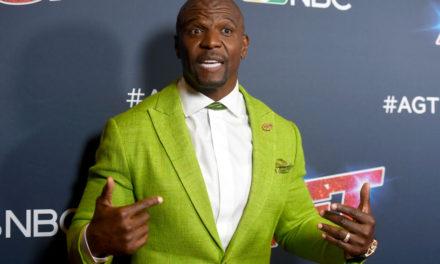By Mary-Frances Winters, President & Founder of The Winters Group, Inc.
 I see the term “cultural intelligence” being used more and more to describe the goal of D&I training. I personally do not like this term and as I reflected on why, I think it is because of the historical debate about whether “intelligence” is fixed (innate) or changeable. More importantly for me is the painful history for people of African descent who were assumed to be e less intelligent than whites even as recently as 2007, when geneticist James Watson publically said that Blacks were not as intelligent as whites.
I see the term “cultural intelligence” being used more and more to describe the goal of D&I training. I personally do not like this term and as I reflected on why, I think it is because of the historical debate about whether “intelligence” is fixed (innate) or changeable. More importantly for me is the painful history for people of African descent who were assumed to be e less intelligent than whites even as recently as 2007, when geneticist James Watson publically said that Blacks were not as intelligent as whites.
Today popular theory suggests that both innate and environmental factors account for intelligence. According to Dennis Garlick, an Australian psychologist, reasoning capacities are a function of the connections of the neural system, connections that develop during childhood as the neural system adapts to the environment. However, Garlick also notes that the capacity of the nervous system to change the connections in response to environmental cues stops at maturity.
Therefore, I like the term cultural competence or intercultural competence to describe, what I believe is the pathway to inclusion. The term “competency” has been socialized in many organizations to mean skills and abilities necessary to meet organizational goals. HR develops leadership competencies to set behavioral expectations. One can clearly become more interculturally competent with increased knowledge, practice and application.
For me the term “intelligence” as related to diversity and inclusion, has too much historical baggage and judgment.


















